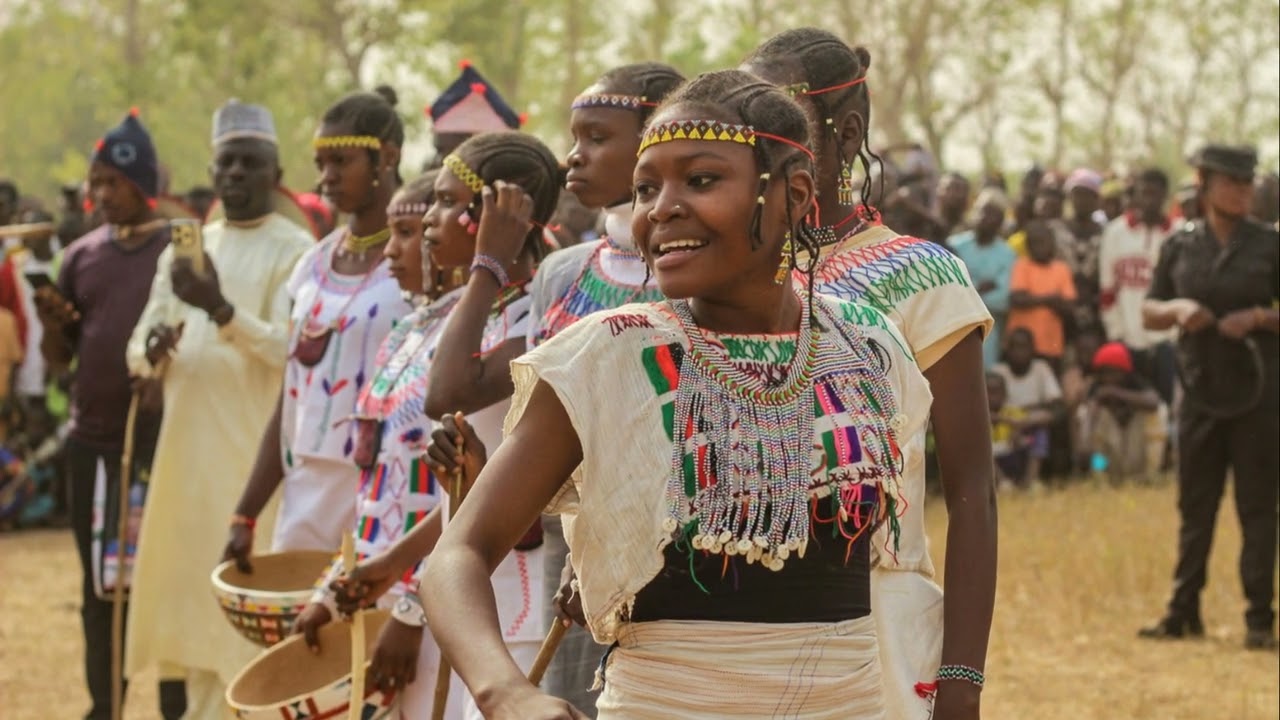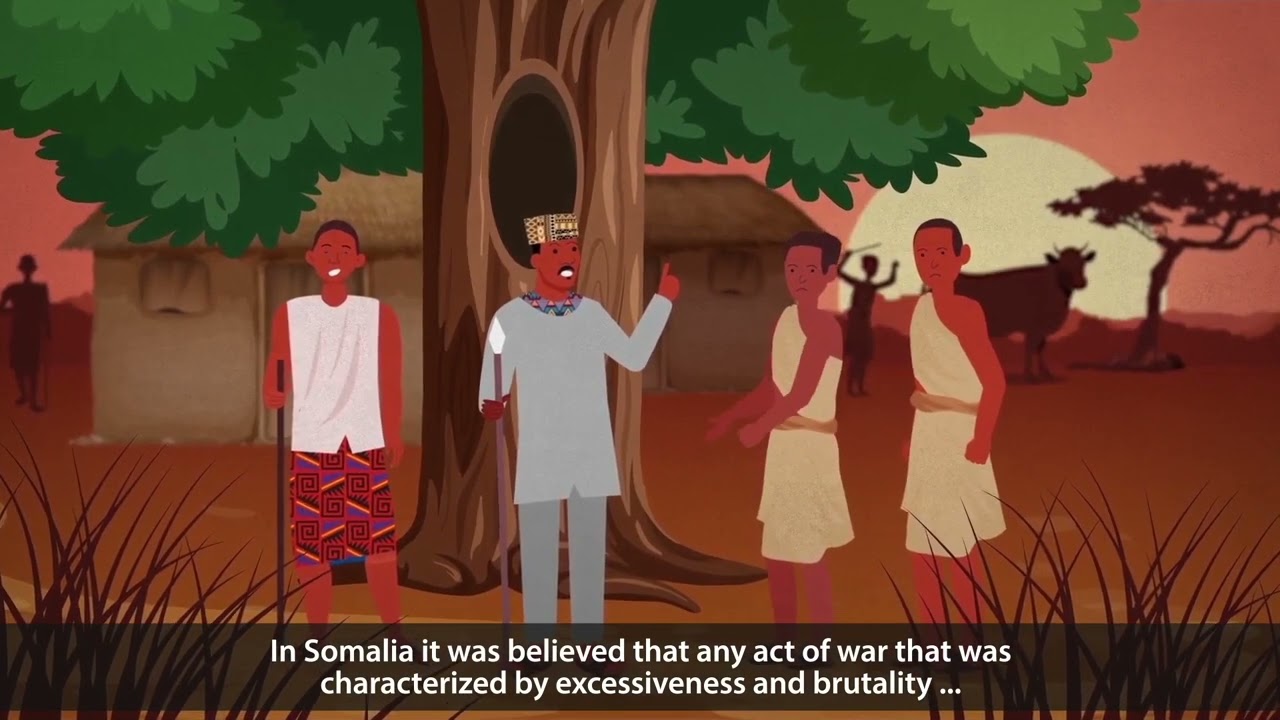Africa is home to a rich tapestry of cultures, many of which remain lesser-known outside the continent. Here are some fascinating but relatively unknown African cultures:
Himba (Namibia): The Himba people are known for their unique way of life and distinctive appearance, characterized by red ochre body paint and intricate hairstyles. They are semi-nomadic pastoralists with deep-rooted traditions and beliefs.
Dogon (Mali): The Dogon people are renowned for their complex cosmology, unique cliffside dwellings, and intricate mask dances. Their cultural practices include the famous Sigui festival, which occurs every 60 years.
Karo (Ethiopia): The Karo people are known for their body painting and scarification practices. They live along the Omo River and maintain a traditional lifestyle centered around agriculture and cattle herding.
San (Botswana, Namibia, South Africa): Also known as Bushmen, the San people are one of the oldest cultures in the world. They are hunter-gatherers with a profound knowledge of their environment and unique click languages.
Tuareg (Sahara Desert): The Tuareg, often referred to as the “Blue People” due to their indigo-dyed clothing, are nomadic pastoralists with a rich tradition of poetry, music, and craftsmanship. They inhabit regions across several countries, including Niger, Mali, and Algeria.
Hadzabe (Tanzania): The Hadzabe are one of the last remaining hunter-gatherer tribes in Africa. They live around Lake Eyasi and are known for their traditional hunting methods and deep connection to nature.
Ndebele (South Africa, Zimbabwe): The Ndebele people are famous for their vibrant, geometric house paintings and beadwork. Their culture is characterized by a strong sense of community and artistic expression.
Mursi (Ethiopia): The Mursi people, residing in the Omo Valley, are known for their lip plates and body modifications. Their culture is rich in ceremonies and traditional practices.
Bantu (Various Countries): The Bantu cultures encompass a wide range of ethnic groups across Central, East, and Southern Africa. They share linguistic roots and have diverse traditions, arts, and social structures.
Hausa (West Africa): The Hausa are one of the largest ethnic groups in West Africa, primarily in Nigeria and Niger. They have a rich history of trade, Islamic scholarship, and vibrant cultural practices, including music and festivals.
source












